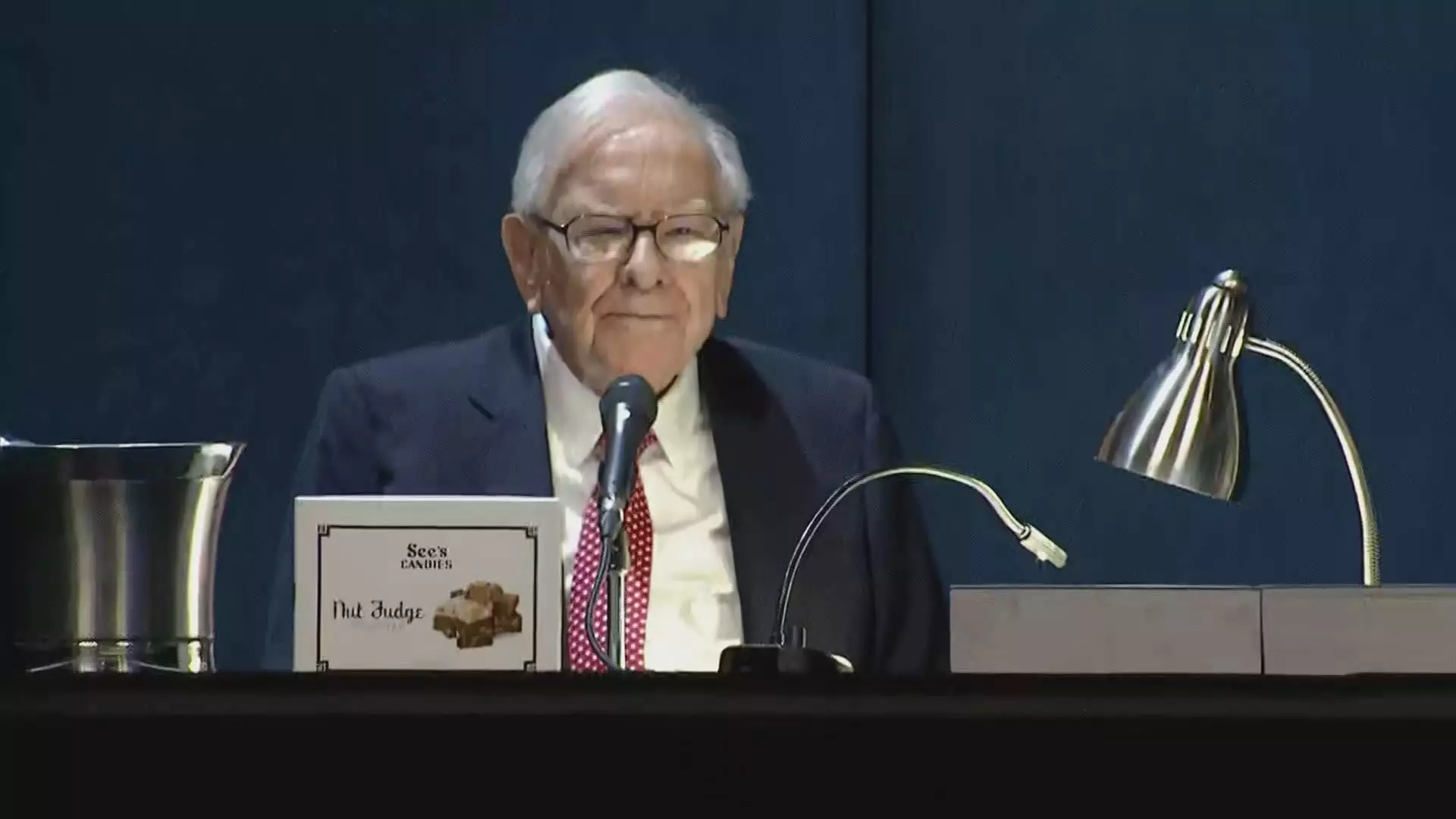Warren Buffett, the renowned investor and CEO of Berkshire Hathaway, has recently made headlines by significantly reducing his stake in Apple Inc., which has been one of the firm’s largest equity holdings for several years. As of the end of September, Berkshire’s investment in Apple amounted to $69.9 billion, reflecting a dramatic 67.2% decrease from the previous year. This article aims to delve into the implications of Buffett’s decision to downsize his Apple holdings, exploring potential motivations and the broader context of Berkshire Hathaway’s investment strategy.
Buffett’s decision to trim his Apple stake marks the fourth consecutive quarter of downsizing. By selling nearly 300 million shares, Buffett has offloaded approximately a quarter of Berkshire’s initial investment in the tech giant, which commenced over eight years ago. Notably, this reduction mirrors a strategic pivot that the investment titan has undertaken in response to changing market conditions and internal portfolio management considerations.
Investors may wonder why Buffett, who once held a deep-seated belief in Apple’s market potential, has chosen to pull back. Apple, a company celebrated for its customer loyalty and innovative products, was once deemed a cornerstone of Berkshire Hathaway’s portfolio. The shares have performed commendably, rising 16% year-to-date, yet Buffett’s continued selling raises eyebrows about the rationale behind such moves.
Numerous analysts have speculated that Buffett’s departure from Apple isn’t merely about capital gains tax implications, as he hinted during the Berkshire annual meeting. Although the prospect of increased taxation looms large, the magnitude of these sales suggests deeper strategic motives. Analysts suggest a combination of factors, including high valuations, a desire to reduce portfolio concentration, and perhaps a reallocation towards other investment opportunities.
Previously, Buffett had avoided technology stocks, believing them to be outside his ‘circle of competence.’ However, Apple’s unique business model, characterized by its robust ecosystem and dedicated consumer base, offered an exception. The drastic reduction of Apple shares raises questions about whether Buffett is adjusting his investment philosophy once again, potentially shifting focus to sectors he perceives as having more growth potential.
As Buffett conducts this selling spree, Berkshire Hathaway’s cash reserves have reached an impressive $325.2 billion. This all-time high indicates that the conglomerate is not only liquid but potentially preparing for sizable acquisitions or investments. However, the complete halt of share buybacks during the quarter adds to the speculation that the firm is positioning itself to capitalize on future market opportunities, perhaps in sectors that better align with Buffett’s investment outlook.
Warren Buffett’s ongoing divestment from Apple reflects a multifaceted strategy that intertwines personal beliefs about market dynamics, tax considerations, and a desire for diversification. As Berkshire Hathaway stands at the crossroads of investment opportunities, it remains to be seen whether this strategic shift signals a long-term reevaluation of tech sector investments or merely a short-term maneuver in response to changing market conditions. Buffett’s future actions will be keenly watched, as they will undoubtedly influence not just Berkshire, but also the broader investment landscape.


Leave a Reply